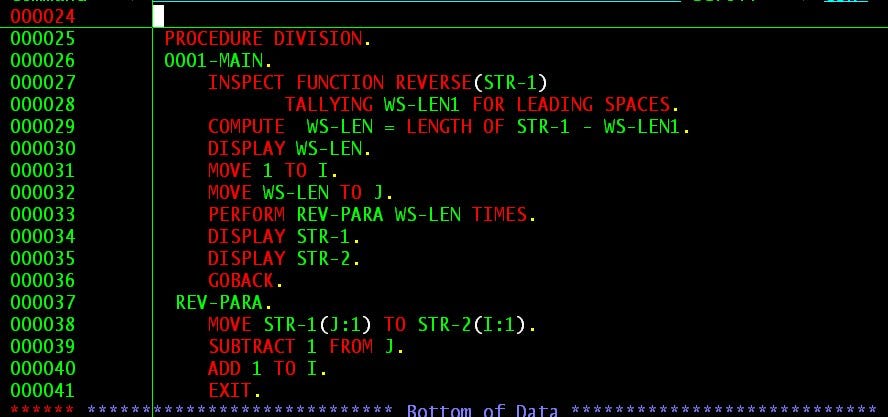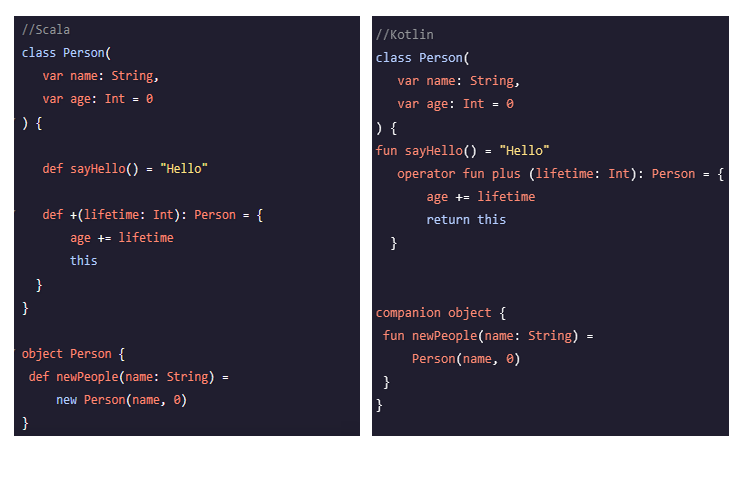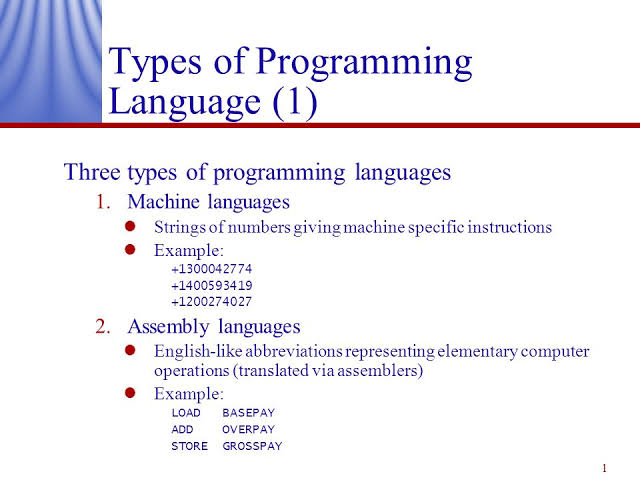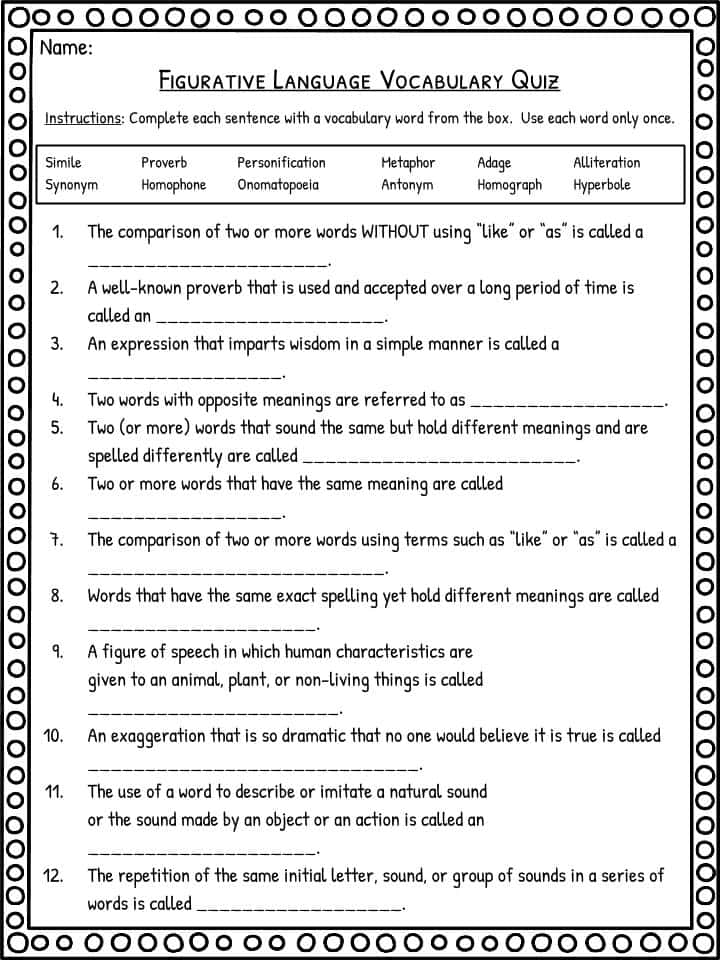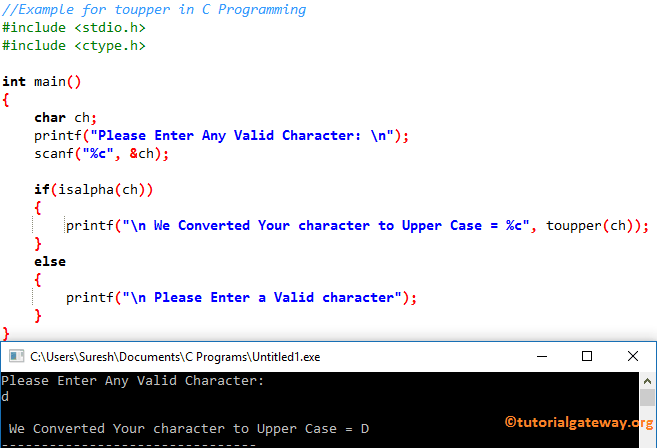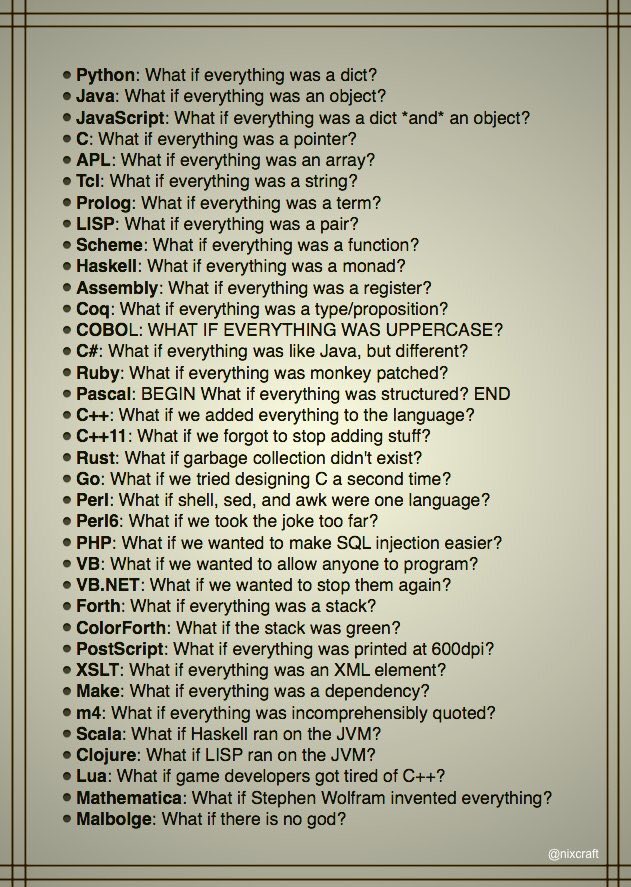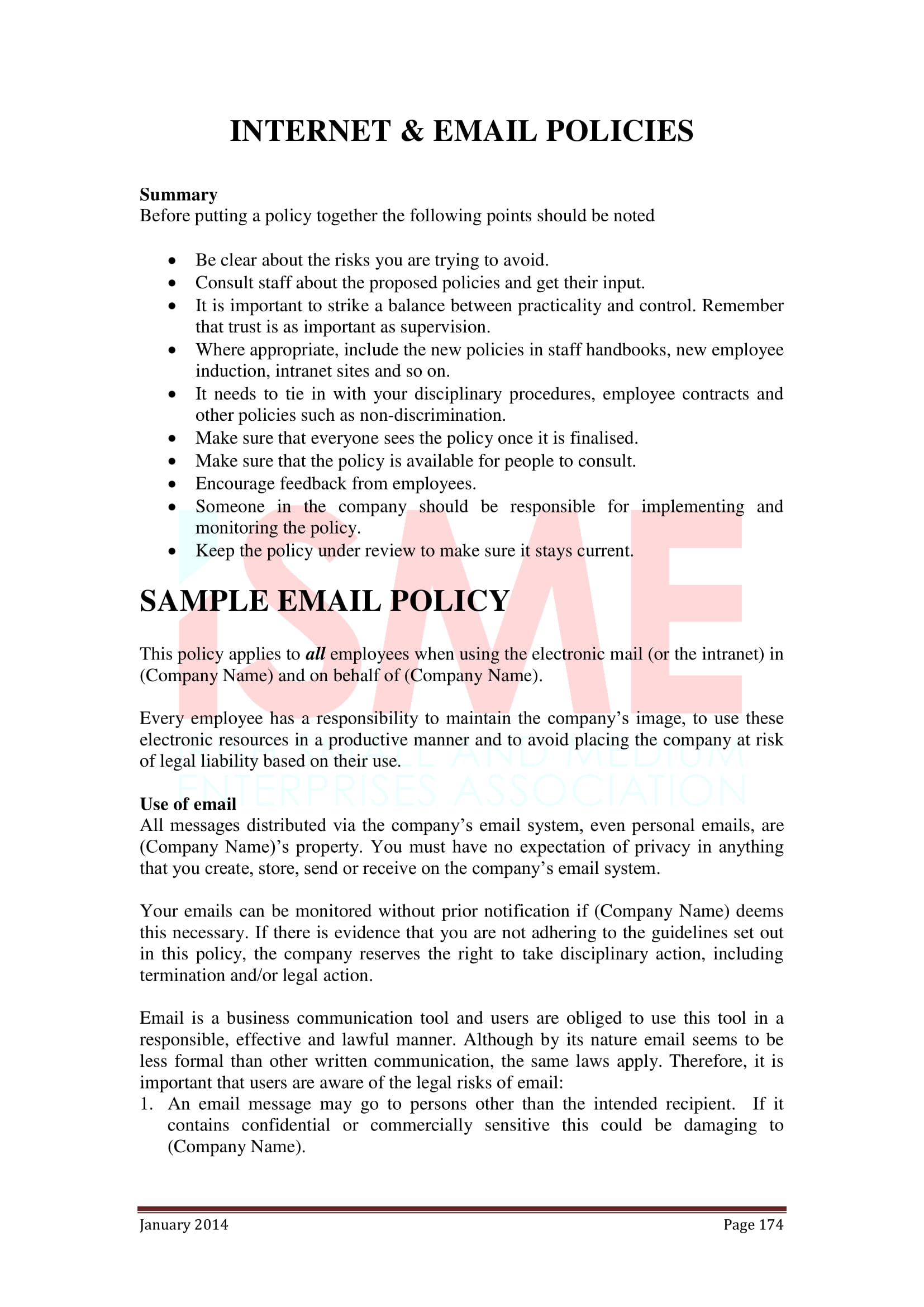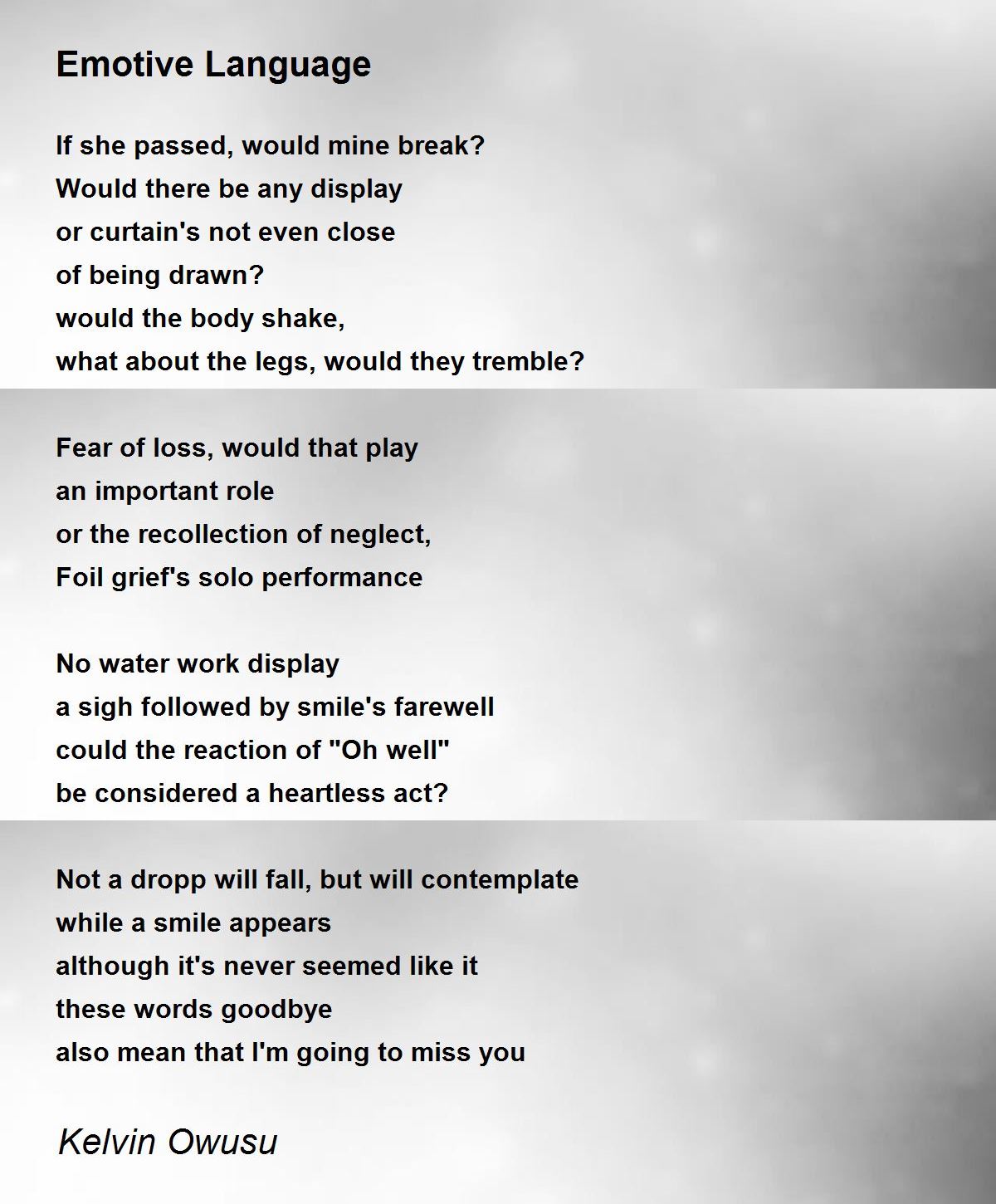Languages use a variety of grammatical forms and constructions in conditional sentences. The forms of verbs used in the antecedent and consequent are often subject to particular rules as regards their tense, aspect, and mood. Main clause is also called a principal clause or independent clause. A conditional clause is a type of dependent clause or subordinate clause. The mixed type conditional is used to refer to a time that is in the past, and a situation that is ongoing into the present. The facts they are based on are the opposite of what is expressed.
The mixed type conditional is used to refer to an unreal past condition and its probable result in the present. In mixed type conditional sentences, the if clause uses the past perfect, and the main clause uses the present conditional. Conditional tenses are used to speculate about what could happen, what might have happened, and what we wish would happen.
In English, most sentences using the conditional contain the word if. Many conditional forms in English are used in sentences that include verbs in one of the past tenses. This usage is referred to as "the unreal past" because we use a past tense but we are not actually referring to something that happened in the past. There are five main ways of constructing conditional sentences in English.
In all cases, these sentences are made up of an if clause and a main clause. In many negative conditional sentences, there is an equivalent sentence construction using "unless" instead of "if". For Present/Future ConditionsIf + subject + simple past tense + subject + would/could/might + verb in base form.
For Future ConditionsIf + subject + simple present tense + subject + will/can/may/must + verb in base form. The type 3 conditional is used to refer to a time that is in the past, and a situation that is contrary to reality. The type 3 conditional is used to refer to an unreal past condition and its probable past result. In type 3 conditional sentences, the if clause uses the past perfect, and the main clause uses the perfect conditional. If clause Main clause If + simple presentsimple futureIf this thing happensthat thing will happen.As in all conditional sentences, the order of the clauses is not fixed.
You may have to rearrange the pronouns and adjust punctuation when you change the order of the clauses, but the meaning is identical. This talks about a possible but very unlikely result that a stated future condition will be fulfilled, meaning that it's an unreal possibility. The type 2 conditional is used to refer to a time that is now or any time, and a situation that is unreal. The type 2 conditional is used to refer to a hypothetical condition and its probable result. In type 2 conditional sentences, the if clause uses the simple past, and the main clause uses the present conditional.
The type 3 conditional refers to an impossible condition in the past and its probable result in the past. These sentences are truly hypothetical and unreal, because it is now too late for the condition or its result to exist. There is always some implication of regret with type 3 conditional sentences. The reality is the opposite of, or contrary to, what the sentence expresses. In type 3 conditional sentences, the time is the past and the situation is hypothetical. The type 1 conditional refers to a possible condition and its probable result.
These sentences are based on facts, and they are used to make statements about the real world, and about particular situations. We often use such sentences to give warnings. In type 1 conditional sentences, the time is the present or future and the situation is real. This is a conditional sentence and in this type of sentence one sentence depends upon others because of cause and effect. This type of sentence follows a special structure i.e. 'Conditional word + subject + V1/V5 + object, subject + will + V1 + object'. So, to put it simply, Conditional sentences are the 'Possibility' or 'Impossibility' of a happening.
The possibility or impossibility depends on the condition fulfilled or not. Conditional sentences depend on what the speaker presents as 'Imagination', 'Contrary to the fact', 'Hypothetical'. In English grammar, a conditional sentence is a type of sentence that expresses one situation as a condition for the occurrence of another situation .
Put simply, the basic structure underlying most conditional sentences can be expressed as, "If this, then that." Also called a conditional constructionor a conditional. In the field of logic, a conditional sentence is sometimes referred to as an implication. The conditional sentences indicate us a possible condition and its probable result.
It means that the expected actions depends on a condition. If Clauses – Type 1 is used to express a possibility in the future . We use this type when talking about real and possible situations in the future. Third conditionals, or Type 3 conditional sentences, refer to an impossible condition. These situations are impossible because they have already occurred and can't be changed.
If, hypothetically, that condition were true, then the described outcome would be likely. Like second conditionals, third conditionals often use "were" instead of "was," but are not subjunctive. Conditional sentences describe a conditional situation, or a result that depends on an event occurring first. "If" one thing happens, "then" another thing will happen. It simply means that one thing is required for something else to occur or exist. Explore the various types of conditional sentences and review a few examples of each.
Conditional Sentences are also called Conditional Clauses/ Statements. A lot of students are unaware about these English conditional sentences. Those who are fluent in English can easily use the conditional statements without understanding the grammar behind them. However, being aware about these statements lessens the chances of making a mistake. Conditional Sentences start with 'If' and each of them refers to the unreal past.
This kind of sentences is also known as 'If 'sentence and here, past tense is used, but they do not refer to the past time. There are four main types of conditional sentences. In predictive conditional sentences, the future tense or imperative generally appears in the main clause, but the condition clause is formed with the present tense . This contrasts with dependent clauses introduced by certain other conjunctions, such as quand ("when"), where French uses the future . That means it combines with the infinitive of non-modal verbs .
"Will" is invariable; it doesn't change with different persons. It has a contracted form " 'll ", which is used in less formal writing and speech. The zero conditional is used for when the time being referred to is now or always and the situation is real and possible. The zero conditional is often used to refer to general truths. The tense in both parts of the sentence is the simple present. In zero conditional sentences, the word "if" can usually be replaced by the word "when" without changing the meaning.
The formal rule is to use "if" when you have a conditional sentence and "whether" when you are showing that two alternatives are possible. In English, establishing and maintaining credibility requires a good grasp of the grammar of "if"-conditional sentences. For Habitual ConditionsIf + subject + simple present tense + subject + simple present tense. Again these verb forms parallel those used in English. The "if" clause in a second conditional is in the simple past. The result part of the sentence is then written in the "would + infinitive verb" form; this is called the present conditional tense.
We can use these in various different combinations. There are a couple of things to take note of in the above sentences in which the zero conditional is used. First, when using the zero conditional, the correct tense to use in both clauses is thesimple present tense. A common mistake is to use the simple future tense.
Will Grammar Examples The table shows examples of some common types of conditionals. It does not include all possible variations - especially with real conditionals, where various combinations of verb forms are possible. Follow the links on the right for more details of the various types. • Another type of conditional sentence is that when type 2 and type 3 conditional sentences are mixed. Here, 'If 'clause is written in the past perfect tense and the main clause refers to the present conditional. In counterfactual conditional sentences, the imperfect is used to express the condition .
The main clause contains the conditional mood (e.g. j'arriverais, "I would arrive"). The type 1 conditional is used to refer to the present or future where the situation is real. In these sentences the if clause is in the simple present, and the main clause is in the simple future. Second conditionals use the modal verb "would" to indicate that it is unlikely that a condition will be fulfilled. They reflect a bit of wishful thinking, but are not impossible, and if they do happen then the result will occur. These sentences often use "were" instead of "was" in the past tense, just like subjunctive sentences.
However, the conditional nature of these sentences – condition and result using the conjunction "if" – makes them conditional, not subjunctive. This talks about a stated condition in the past that didn't happen, thus making it impossible for a wished-for result to have happened. Type 3 conditional sentences, are truly hypothetical or unreal, because it is now too late for the condition or its result to exist.
Normally conditional sentences are called conditionals. These sentences usually contain the conjunction IF. We express events with type 1 at the moment or in the future when a certain condition is met. Tenses that can be used as a basis are simple present (do / does) in the conditional sentence and simple future in the basic sentence.
The conditional mood lets the reader know that an action may or may not happen, depending on the conditions beforehand. Changing the mood of your sentence is a great way to communicate to your reader that an outcome is conditional – and it's also a great way to vary your writing. Check out more examples of sentence variety options to make your writing more interesting and accurate for readers.
In a type 3 conditional sentence, the tense in the if clause is the past perfect and the tense in the main clause is the perfect conditional (would have + infinitive). There are four different types of conditional sentences in English. Each expresses a different degree of probability that a situation will occur or would have occurred under certain circumstances. As in all conditional sentences, the order of the clauses is not fixed. I write their suggestions on the board and then I mention the conditions in order to get what they have suggested.
The sentences written on the board have different colours. I use green for the word "IF", red for the modal verbs "WILL" or "CAN" and blue for the verbs. Will is a modal auxiliary verb, where it describes an action that is expected to take place in the future.
It modifies many verbs in their future tenses. These types of conditionals deal with situations against reality. The subject imagines or wishes something about that could have been possible within time limits but now it cannot be. These types of conditionals deal with the situation imagined to be. The time and opportunity to perform an action has passed and the subject wishes and imagines the action to be done in a given time only.
This type is also known as 'Predictive conditional'. If the action in the condition statement belongs to the future tense, simple present tense is used instead of future tense. We can give the meaning of future time to the sentence by using 'future tense' in the basic sentence. The consequence is normally also a statement about the future, although it may also be a consequent statement about present or past time .
The second conditional is like the first conditional. We are thinking about a particular condition in the future, and the result of this condition. But there is not a real possibility that this condition will happen. For example, you do not have a lottery ticket. But maybe you will buy a lottery ticket in the future.
So you can think about winning in the future, like a dream. Each clause in a first conditional has a different tense. The "if" clause is still in the simple present tense, but the result clause now uses the future "will + verb" structure.
In type 3 conditional sentences, you can also use modals in the main clause instead of "would" to express the degree of certainty, permission, or a recommendation about the outcome. The type zero conditional sentences are used to talk about real and possible situations. These types of conditions are used in three types of sentences, called first, second and third conditional sentences. Note that when using the third conditional, we use thepast perfect(i.e., had + past participle) in the if-clause. The modal auxiliary (would, could, should, etc.) + have + past participle in the main clause expresses the theoretical situation thatcouldhave happened.
It's important to use the correct structure for each of these different conditional sentences because they express varying meanings. Basically, there are four types of "if"-conditionals, statements indicating the level of certainty that the stated condition will be fulfilled. They are the first conditional or real possibility, the second conditional or unreal possibility, the third conditional or no possibility, and the zero conditional or certainty.



